
Fish are aquatic animals that are found in most bodies of water around the world. Many species are important food sources for humans and members of the animal kingdom. Fish is a popular item in the diets of many people. It is one of the main sources of healthy protein. Some civilizations are highly dependent on the local waters for the bulk of their food requirements. Others supplement diets with fish. A lot of human activity is associated with the production of food from fish. Many people venture out on water in boats seeking to catch fish using various types of equipment. A lot of industrial facilities grow fish as a living crop either in netted pens or in a location isolated from contact with the aquatic environment. There is an active trade around the world that moves caught or farmed fish long distances from processing facilities to the various markets.
World speciesThere are many different types of fish, or species. There are several different categories that apply to these species. They are often first divided by type of water they inhabit, fresh or salt. Most species are restricted to one or the other. Certain other fish, like salmon, are able to transition between the water types. Others are incapable of living in the water environment that they don't normally inhabit. Other categories include separation of species by scale type, body shape, breathing abilities and more. There is a vast number of species of fish. Many are adapted to particular environments and are very specialized in the behavior and nutrition requirements. Many prey on other, usually smaller ones. Fish range in size from less than half an inch in size to the 52 foot long whale shark. Some species of animal found in the waters of the world are not considered fish. These include whales, crayfish, shellfish, jellyfish and starfish. Some of these species are hunted as food by fish.
HistoryFish have been on the earth since early prehistoric times. Fossil evidence of animals easily recognized as fish, date from over 400 million years ago. Many fossilized species have been identified, some of which are related to modern examples. Many of the early species have become extinct over time. Sharks are perhaps the oldest fish species as they have been on the earth for about 400 million years. Other fish have become extinct over time due to severe changes in their environment through climate change, global catastrophes and other major types of events. Even in modern times, various fish species have become extinct. There remain several species that are threatened today. Others, while not threatened by extinction, have become less numerous than in previous times. Fish are susceptible to waterborne pollutants, climate change and overfishing. All of these tend to reduce the viability of the fish to sustain adequate reproduction.
ThreatsIn many environments of the world, fish are experiencing loss of habitat. Pollution from human activities has entered the water causing fish deaths. Climate change affects water temperature. Warmer water is harmful to fish due to the diminished capacity to hold dissolved oxygen. Most fish are equipped with gills that extract oxygen from the water and allow it to enter the blood of the fish. Some fish, such as the Beta, also have the ability to breath air. This allows them to live in water with a low amount of dissolved oxygen. Certain agricultural and logging activities result in increased mud and debris contaminants entering the lakes, rivers and oceans. This causes trouble for eggs and small fish resulting in high mortality rates. In some parts of the ocean, the water level is rising which causes environmental problems for coral. This threatens their large tropical reefs. Coral are not fish, they are shellfish, but their reefs provide a large area that shelters and nurtures many fish species. Without the coral reefs, the habitat is not available. Many fish species are incapable of living anywhere else. The fishing industry is also a major threat to fish. Using huge nets, traps or long lines with large numbers of hooks, fishermen can extract a large quantity of fish from the world's waters. Some countries have poor conservation practices which removes too many fish from the water. The remainder often have difficulty reproducing very many young. This causes local disappearances of many fish species. Unfortunately, in many countries where the fish population is reduced, more technology is utilized to capture the remaining fish. While many give up the trade, some fishermen get even larger nets and sophisticated sonar equipment in order to successfully track down a diminishing number of fish. Even in countries with better conservation practices, some fish stocks have been greatly reduced. People of the world are advised to pay attention to the fish species and ensure that adequate living conditions, and populations, in order to sustain the world's species.
ReproductionSome fish bear live young but most reproduce by laying eggs. These are usually fertilized outside of the female's body. Often the fish will bury them in gravel or other material for protection. Some fish guard over the eggs and even the young after they hatch. Most fish, however, are not involved with the caring of the next generation. Because eggs and young have no protection, most fish species lay a very large number of eggs so that an adequate number will survive to the adult stage. Fish that bear live young usually produce fewer offspring as their species has a much better early survival rate. There are many conservation projects around the world that seek to improve the survival rates of fish. These projects improve the spawning grounds where eggs are laid, clean up waterways to give fish a better environment, remove impediments that have been installed in streams and more. In some cases, previously dead streams have been repopulated with fish. These have gone on to produce and establish healthy populations. While there is much more to do in this area, the success stories have been positive developments.
Fishing
Fish are an important resource for humans and animals around the world in virtually every body of water. They have lived and adapted on earth for many millions of years. It is important that people do what they can to improve the living conditions of fish, reduce the capture rate for many species and ensure that ethical fishing is practiced by our trading partners. Many jurisdictions are aware of the need to balance fish survival with the ability for people to enjoy fishing. In many waters, fly fishing with artificial lures and barbless hooks is known to provide an excellent balance between sports harvesting of fish and the ability for fish to evade capture. Top quality fishing gear allows the angler to experience great fishing action and to release undersized fish easily and safely. We need to protect the fish in order to ensure that they provide us with a sustainable food source.


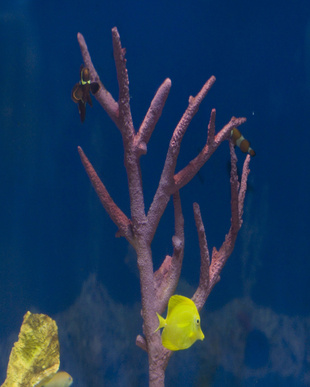 Different Kinds of Fish for Aquariums
Different Kinds of Fish for Aquariums
Different Kinds of Fish for Aquariums
Different Kinds of Fish for Aquariums
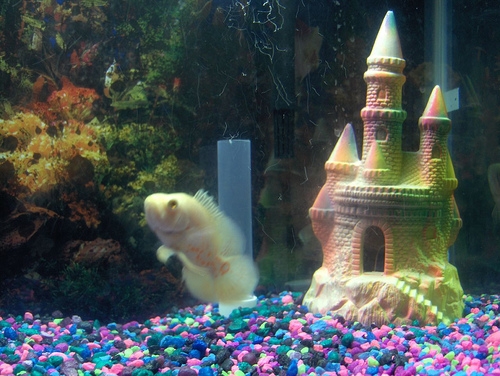 How to Make a Salt Water Fish Tank
How to Make a Salt Water Fish Tank
How
How to Make a Salt Water Fish Tank
How to Make a Salt Water Fish Tank
How
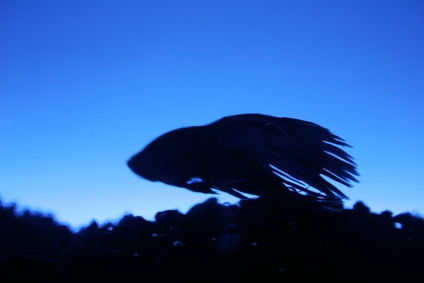 How to Tell a Male Betta From a Female Betta
How to Tell a Male Betta From a Female Betta
How to Tell a Male Betta From a Female Betta
How to Tell a Male Betta From a Female Betta
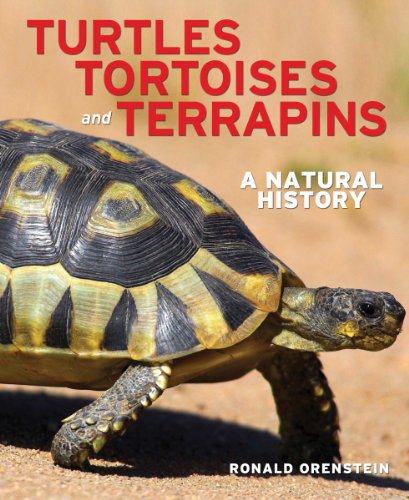 Turtles As Pets
You may not realize just how
Turtles As Pets
You may not realize just how
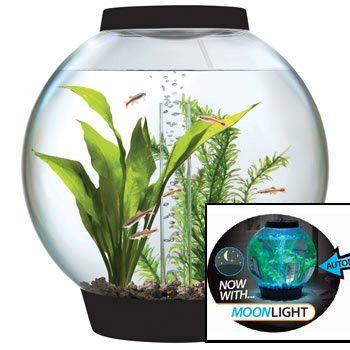 Benefits of the biOrb
biOrb AquariumsThe Best Aqua
Benefits of the biOrb
biOrb AquariumsThe Best Aqua